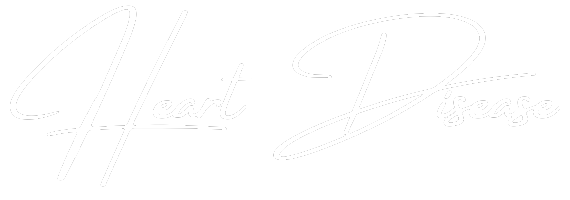Heart attacks are scary and life-threatening, yet understanding them can be lifesaving. As a cardiologist, I’ve seen how crucial early detection, prevention, and effective treatment are. Let’s dive into the essentials of heart attacks and the role of cardiology in managing them.
What is a Heart Attack?
A heart attack, or myocardial infarction, happens when blood flow to a part of the heart is blocked for a long enough time that part of the heart muscle is damaged or dies. This blockage is often caused by a buildup of plaque, a substance made up of fat, cholesterol, and other cellular waste products.
Recognizing the Symptoms
One of the most critical aspects of surviving a heart attack is recognizing the symptoms early. Classic signs include chest pain or discomfort, which might feel like pressure, squeezing, fullness, or pain. This pain can spread to the arms, neck, jaw, or back. Additionally, shortness of breath, nausea, lightheadedness, and cold sweats are common symptoms. Sometimes, these signs are subtle, especially in women, which is why it’s essential to be vigilant.
The Importance of Quick Action
Time is muscle, as we say in cardiology. The faster you recognize the symptoms and get help, the better your chances of survival and recovery. If you think you’re having a heart attack, call emergency services immediately. Don’t attempt to drive yourself to the hospital. Taking aspirin can also help by thinning the blood and reducing the severity of the attack.

Risk Factors for Heart Attacks
Understanding your risk factors is crucial in preventing heart attacks. Common risk factors include high blood pressure, high cholesterol, smoking, obesity, diabetes, and a sedentary lifestyle. Family history and age also play significant roles. By managing these risk factors through lifestyle changes and medical interventions, you can significantly reduce your risk of heart disease.
Preventive Measures
Prevention is always better than cure. Adopting a heart-healthy lifestyle can go a long way in preventing heart attacks. This includes eating a balanced diet rich in fruits, vegetables, whole grains, lean proteins, and healthy fats. Regular physical activity, such as walking, swimming, or cycling, helps keep your heart strong. Quitting smoking and limiting alcohol intake are also vital steps. Managing stress through mindfulness, hobbies, or spending time with loved ones can make a big difference.
Humor in Heart Health: Laugh Your Way to a Healthy Heart
Laughter is indeed good medicine. Studies have shown that a good laugh can increase blood flow, reduce stress, and boost your immune system. So, while managing heart disease is serious, finding moments of joy and humor in your daily life can be a valuable part of your overall health regimen.
The Role of Cardiology
Cardiologists specialize in diagnosing and treating heart conditions. They use various tests and procedures to assess heart health, including electrocardiograms (ECG), echocardiograms, stress tests, and coronary angiograms. These tools help detect abnormalities and guide treatment plans tailored to each patient’s needs.
Treatment Options
Treatment for heart attacks and heart disease varies depending on the severity and type of condition. It often includes medications, lifestyle changes, and sometimes surgical interventions. Medications might include statins to lower cholesterol, beta-blockers to reduce blood pressure, and antiplatelet agents to prevent blood clots. In more severe cases, procedures like angioplasty, stenting, or coronary artery bypass grafting (CABG) may be necessary.
Regular Check-Ups
Regular check-ups with your healthcare provider are essential for monitoring heart health and managing risk factors. These visits allow for early detection of potential issues and timely intervention. Your doctor may recommend periodic blood tests, imaging studies, and other assessments to keep track of your heart health. According to the American Heart Association, these regular visits can significantly lower the risk of heart disease.

The Emotional Impact
Experiencing or fearing a heart attack can have a significant emotional impact. It’s normal to feel anxious or scared, but it’s important to seek support. Talking to a mental health professional, joining support groups, or sharing your concerns with family and friends can help alleviate some of the emotional burden. Remember, taking care of your mental health is just as important as your physical health.
Conclusion: Embracing Heart Health
In conclusion, recognizing the signs of a heart attack and knowing what to do can save lives. By understanding the symptoms, managing risk factors, and making healthy lifestyle choices, you can significantly reduce your risk of heart disease. Regular check-ups and being proactive about your heart health are essential steps. For more detailed information on heart disease and related conditions, you can visit the American Heart Association and the Centers for Disease Control and Prevention (CDC). These resources offer valuable insights and support for those seeking to improve their heart health.
Remember, your heart is the engine of your body. Take care of it, listen to its signals, and seek help if something feels off. With the right knowledge and actions, you can keep your heart healthy and strong. And don’t forget to add a little humor to your life—after all, laughter is good for the heart!
